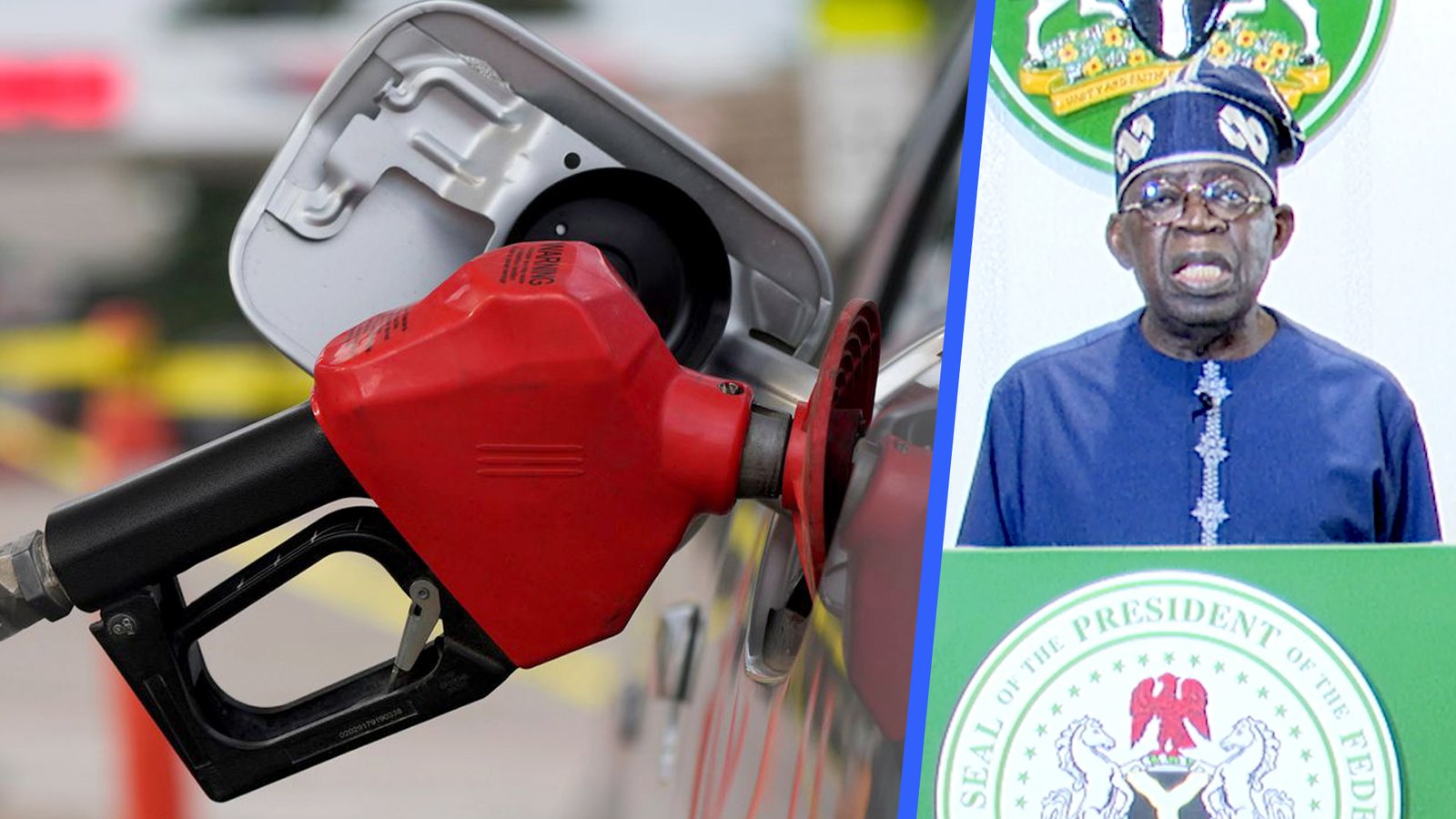For years, Nigerians held onto the belief that refining crude oil locally would bring relief from soaring petrol prices. The hope was simple: eliminate fuel imports, cut out extra costs, and make petrol more affordable for all. Yet, even with the launch of the much-anticipated Dangote Refinery and the partial activation of the Port-Harcourt Refinery, petrol prices continue to climb. This reality has left many Nigerians frustrated and questioning why the promise of local refining has not translated into lower costs at the pump. In this report, Sultan Rabiu delves into the complex reasons behind Nigeria’s persistently high fuel prices, gathering perspectives from petrol station managers, industry experts, and independent marketers to shed light on the issue.
High Expectations, Harsh Reality
Following the removal of the fuel subsidy in May 2023, many Nigerians hoped that local refining would ease the burden of high petrol costs. The general belief was that refining crude oil within the country would reduce expenses such as transportation, import duties, and foreign exchange (forex) charges. However, the reality has been different.
A petrol station manager, in Abuja who spoke anonymously to Africa Health Report (AHR), explained, “Local refining should ideally reduce costs, but crude oil is still priced globally. Since refineries purchase crude in dollars, fluctuations in foreign exchange rates directly impact petrol prices.”
Forex Instability and the Cost of Crude
A major factor contributing to high petrol prices is foreign exchange volatility. Although Nigeria now refines some of its crude domestically, crude oil is still priced at international rates, currently 79.370 USD per barrel, according to CEIC Data.
This means refineries like Dangote Refinery must buy crude at global market prices, typically in U.S. dollars. When the naira depreciates, refineries incur higher costs, which are ultimately passed on to consumers.
The petrol station manager added, “Forex plays a significant role in pricing. Even though fuel is refined locally, crude oil is still priced in dollars. The weaker the naira, the higher the fuel costs.”
Limited Competition in the Market
A professor of energy at the University of Lagos Dayo Ayoade in an interview with Punch states, “To drive the price down, you need competition, and when the local refineries start coming on stream, prices naturally will be low because it is about demand and supply. That’s the general economics of it. We have Dangote and Port Harcourt. The Port-Harcourt refinery is not online. Dangote is the one that is producing, and the price is still high. It will take time for the price to come down; let’s not be in a hurry.”
The Impact on Nigerians
For many Nigerians, high petrol prices have led to increased transportation costs, inflation, and business challenges. Since electricity supply remains unreliable, many businesses rely on petrol-powered generators, further increasing operational costs.
The petrol station manager explained, “Sales have decreased because people can’t afford the high fuel prices. Transportation costs have risen as well, which is making goods more expensive.”
Experts have proposed several solutions to alleviate the situation: Ensure Consistent Crude Supply to Local Refineries
Local refiners have urged the government to guarantee a steady supply of crude oil to domestic processors. The Publicity Secretary of the Crude Oil Refinery Owners Association of Nigeria, Eche Idoko, in a statement recently stressed that uninterrupted crude supply would lower petrol prices.
“If we begin to produce PMS today in large volumes, provided there is adequate crude oil supply, I can assure you that we should be able to buy PMS at N300/litre as the pump price.”
Maintain a Stable Exchange Rate for the Oil Sector
Idoko suggested that the government should stabilise the exchange rate, particularly for oil and gas transactions: “Ensuring crude is made available to local refineries will play a significant role in price rebates. The government should peg the dollar at N1,000 for transactions done locally in the oil and gas sector, especially for the naira crude sale arrangement.”
Ayoade argued that deregulation would attract more investors into the sector, thereby increasing supply and reducing costs: “When the sector is stable, we will attract foreign investments. People will invest in the downstream like in the upstream if they are assured of profit-making. So, there will be good news. BUA refinery will be online maybe next year or the year after. People should not worry; they should let other new refineries come on board. The more the refineries, the better for us.”
Call to action
The expectation that local refining would lower petrol prices has not yet been realized. The combination of forex instability, limited competition, and high crude costs keeps prices elevated. Until the government implements policies that promote market competition, refinery expansion, and currency stability, Nigerians may continue to struggle with high fuel prices. While relief may come in the future as more refineries become operational, the immediate outlook remains uncertain.



